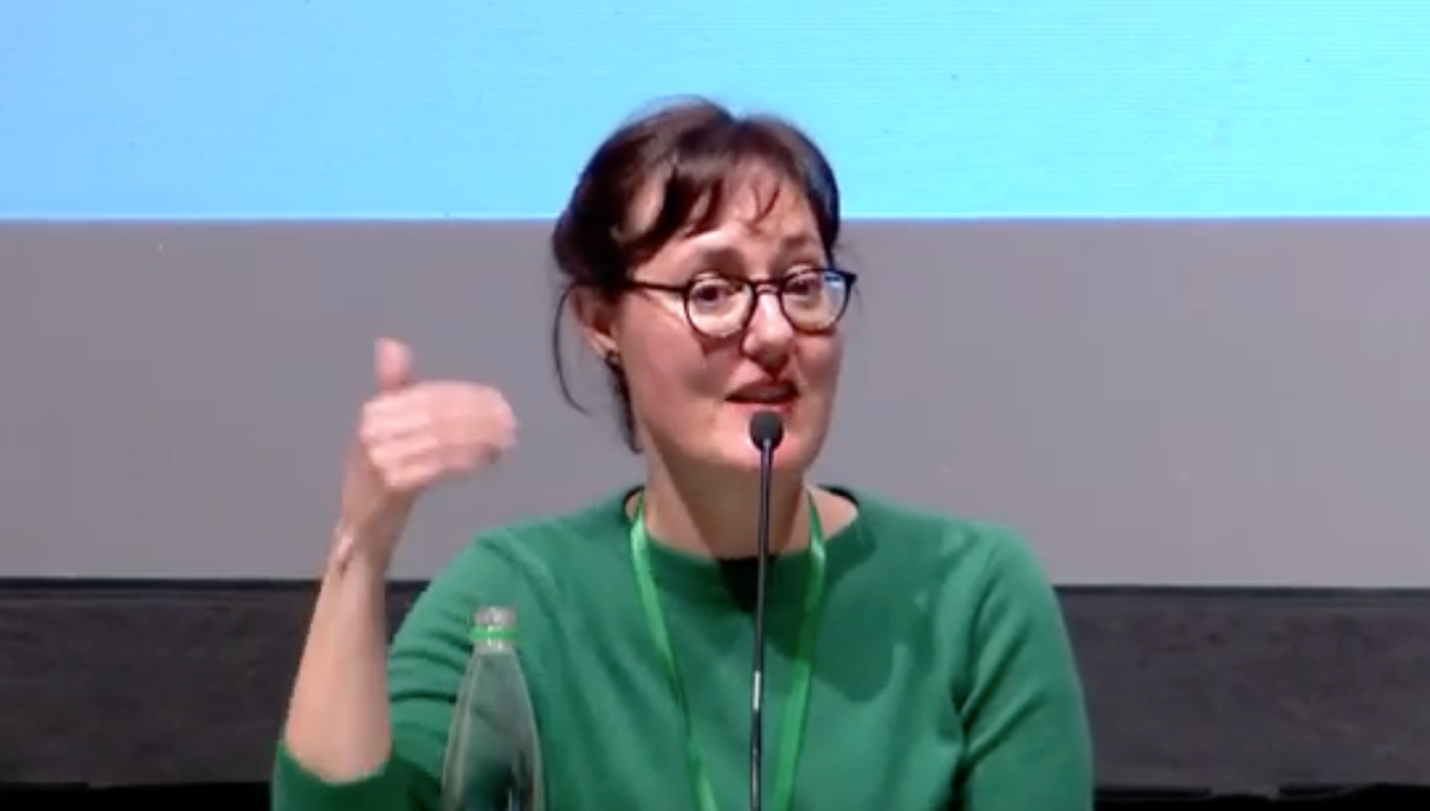This article is part of the series YIMBYtown 2022
The conversation shared below was part of the YIMBYtown 2022 conference, cohosted by Sightline Institute and Portland: Neighbors Welcome.*
How can our housing systems be both broken and working exactly as designed? How do we move with intention to disrupt the patterns that polarize access to opportunity? Answering these questions requires examining how the housing system continues to perpetuate the intended segregationist and exclusionary practices and policies established decades ago. Then we must ask, What do we want the housing system to be?
Three housing advocates with a wide range of expertise at the federal, state, and local levels discuss ways to break the cycle. Jerusalem Demsas, policy reporter at the Atlantic, Jenny Schuetz, senior fellow at Brookings Metro, and Allan Lazo, executive director of the Fair Housing Council of Oregon, explore the responsibilities of local, state, and federal agencies to decouple housing and wealth building. They urge fellow advocates to shift the conversation from the fear of losing a “good” neighborhood to seeing that changes and new housing make for better neighborhoods and communities.
Organizer, policy shaper, and coalition builder Vivian Satterfield moderates the session. Topics include how we can make democracy and living together more balanced, especially as more people choose to stay in cities, how we center equity in processes, and what levers we should be identifying and putting our collective advocacy muscle behind.
*YIMBYtown 2022 occurred April 11–13 in Portland, Oregon, the fourth annual gathering (after some COVID delays) of “Yes in My Back Yard” (YIMBY) community leaders, organizers, planners, policymakers, educators, and housing providers eager to share resources and strategies for building more affordable, sustainable, and equitable communities.

